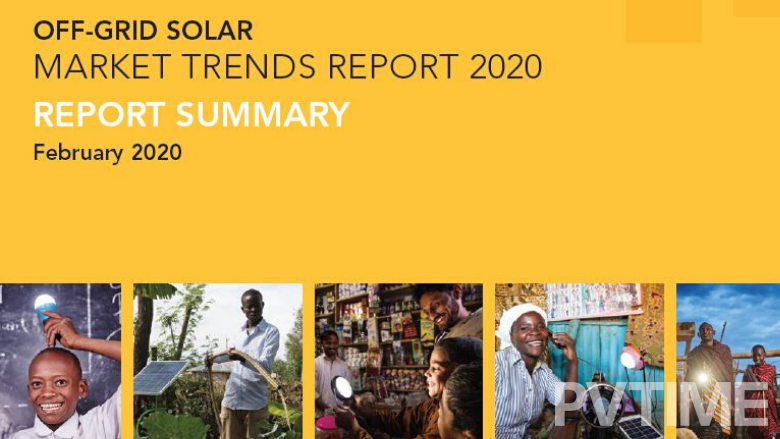-The off-grid solar sector has expanded into a $1.75 billion annual market serving 420 million users over the past decade and continues to grow.
-As the sector matures and productive use of off-grid solar solutions such as solar water pumps, cold storage and other products servicing public institutions become natural expansion areas, companies are increasingly focused on its financial sustainability.
-To achieve universal access to electricity by 2030, the off-grid solar sector would need to serve as many as 132 million households, which in turn would require between $6.6 billion to $11 billion in additional financing.
PVTIME – Off-grid solar solutions have played a pivotal role in extending energy access to millions of people, especially in Sub-Saharan Africa and South Asia, which face some of the world’s biggest gaps in energy access rates. Policymakers, private investors and end users alike have embraced off-grid solar products as an affordable and sustainable solution for electricity access, as productive use appliances for irrigation, cooling and refrigeration have helped provide a source of income for households across the agricultural, industrial, commercial, and public sectors.

The industry holds great promise, having reached 420 million users around the world over the past ten years and with the potential for continued growth. Still, even more financial investments will be essential to accelerate the deployment of off-grid solar solutions and reach many of the 840 million people around the world who lack access to electricity even today.
The 2020 edition of the Off-Grid Solar Market Trends Report is the sixth in a series of biennial reports that was launched in 2010, with the aim of measuring the pulse of the off- grid solar market. This latest edition includes the most comprehensive sales and impact data available, in-depth analysis on current market dynamics and an outlook on the future of the industry.
Key takeaways from the report include:
The off-grid solar sector has grown rapidly over the past decade and is now a $1.75 billion annual market serving 420 million users, with further growth predicted.
Despite its strong growth trajectory, even more investments are needed for the sector to continue playing a key role in achieving universal access to electricity by 2030.
In a business-as-usual scenario, the off-grid solar sector will serve 388 million people with the most basic level of electricity access by 2030, but this growth will be insufficient to achieve universal access targets. To sustain the business-as-usual scenario over the next five years, the sector needs $1.7 billion – $2.2 billion in external investments from 2020 to 2024.
To achieve universal access, the off-grid solar sector would require between $6.6 billion – $11 billion in additional financing. Of this total need, $6.1 — $7.7 billion will need to come from investments into off-grid solar companies, and up to $3.4 billion represents public subsidies to bridge the affordability gap.
As the sector matures and productive use of off-grid solar solutions such as solar water pumps, cold storage and other products servicing public institutions become natural expansion areas, companies are increasingly focused on financial sustainability of the sector and the need to demonstrate profitability and increase transparency around operational efficiencies.










